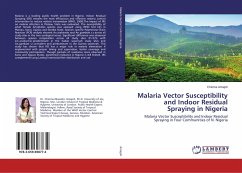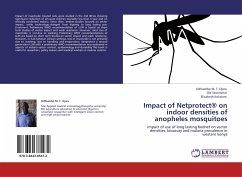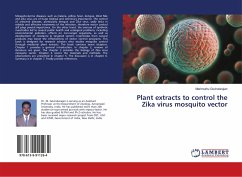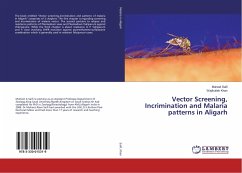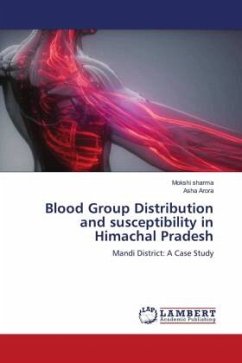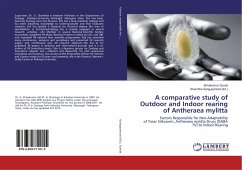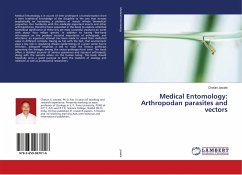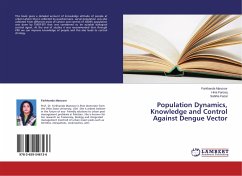Malaria is a leading public health problem in Nigeria. Indoor Residual Spraying (IRS) remains the most efficacious and effective malaria control intervention to reduce malaria transmission (WHO, 2006).The impact of IRS on malaria infection in Plateau State was evaluated. The susceptibility of adult female Anopheles species was assessed using WHO test kits in Plateau, Kano, Jigawa and Gombe State. Species- specific Polymerase Chain Reaction (PCR) analysis showed An.arabiensis and An.gambiae s.s across all study sites in the two ecological zones. Significant difference was observed between species composition across all study sites (P0.5) with An.arabiensis predominant in the Sudan savannah study sites and An.gambiae s.s prevalent and predominant in the Guinea savannah. This study has shown that IRS has a major role in malaria elimination if implemented with proper timing and supervision, better coverage and community participation. Though pockets of resistance were observed in Kano and Jigawa States, pyrethroid resistance in Nigeria is still limited. IRS complements Long Lasting Insecticidal Net distribution and use.
Bitte wählen Sie Ihr Anliegen aus.
Rechnungen
Retourenschein anfordern
Bestellstatus
Storno

